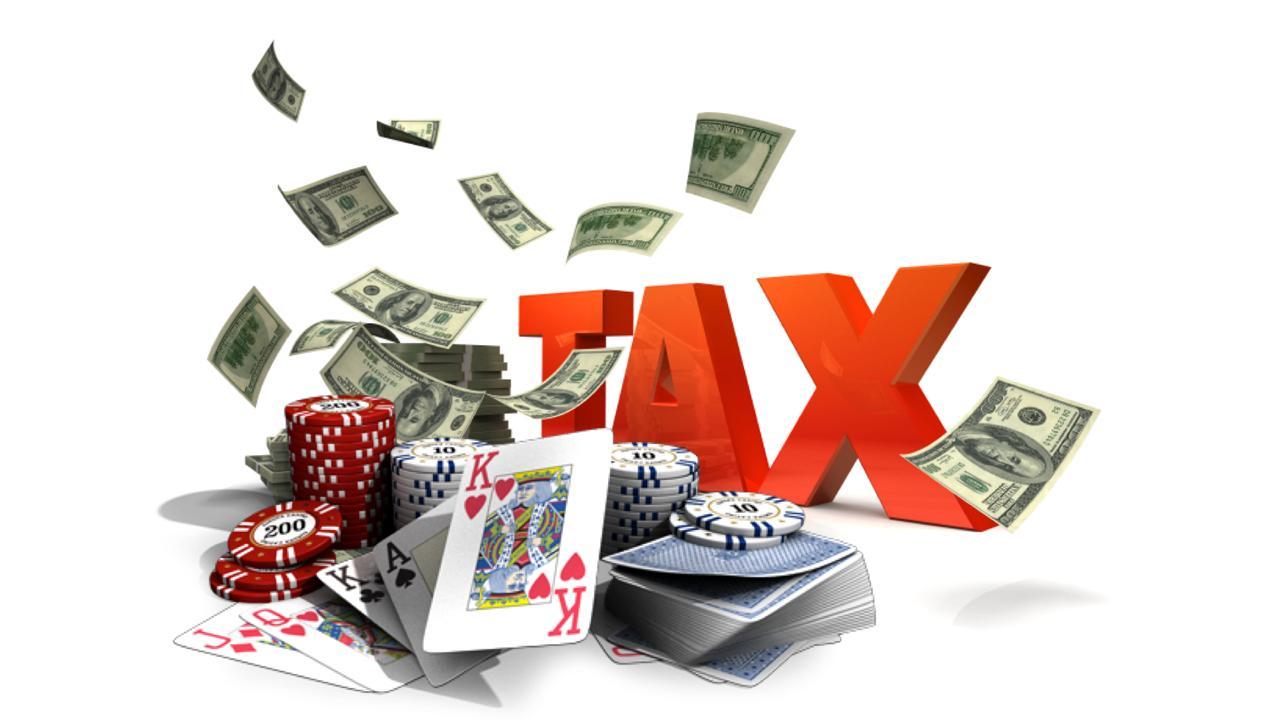
As the popularity of cryptocurrency continues to grow, Canadian players are increasingly turning to crypto gambling platforms to enjoy a more secure and anonymous betting experience. While cryptocurrency offers many benefits for gamblers, one area that many players overlook is the tax implications of winning through crypto gambling. In Canada, tax laws around cryptocurrency are complex and evolving, and it’s important to understand the potential tax liabilities associated with crypto gambling. This article will break down everything Canadian players need to know about crypto gambling taxes, including when taxes apply, how to report winnings, and best practices for staying compliant.
Understanding Cryptocurrency and Its Tax Implications in Canada
In Canada, cryptocurrencies such as Bitcoin and Ethereum are treated as commodities rather than currency. This means that any profits made from cryptocurrency gambling, whether from winnings, trades, or investments, may be subject to taxation. The Canada Revenue Agency (CRA) treats cryptocurrency gains in a similar way to traditional gambling winnings, but there are distinct differences depending on how the cryptocurrency is used and the nature of the activity.
Crypto gambling is categorized under two main types of taxable activities: gambling winnings and investment income. How these winnings are taxed depends on the type of activity and whether or not it is considered a hobby or a business.
When Do You Need to Pay Taxes on Crypto Gambling Winnings?
In general, the CRA does not tax gambling winnings in Canada if the gambling is done as a casual hobby. This means that if you play occasional online casino games or engage in sports betting for fun, you may not have to pay taxes on any winnings. However, there are several important exceptions to keep in mind:
- Professional Gambling: If gambling is your main source of income and you consider it a business (such as betting consistently or as a profession), then your winnings may be subject to income tax.
- Frequent and Systematic Gambling: If you regularly gamble and have a structured strategy for betting (such as betting with a high frequency or participating in betting syndicates), the CRA may consider your activity more than just a hobby, leading to tax obligations.
If you are gambling occasionally, with no intention of making it a business, your winnings might not be taxable, but it’s important to track your activity just in case the CRA requests details.
How to Report Crypto Gambling Winnings to the CRA
If you fall into the category of a professional gambler or if the CRA deems your gambling activities to be a business, you will need to report your crypto gambling winnings. Here’s how to report:
- Track Your Winnings and Losses: Keep detailed records of all your gambling transactions, including the amount you bet, the winnings you receive, and the corresponding cryptocurrency value at the time of each transaction. This helps you calculate any potential capital gains or losses when filing your taxes.
- Report as Business Income: If your gambling is considered a business, report your gambling income as business income on your tax return. You will be taxed based on your net income, which means you can deduct any gambling losses, expenses, and other costs associated with your betting activities.
- Capital Gains: If your gambling is considered casual or recreational, but you trade cryptocurrencies or profit from the appreciation of your crypto assets, you may be subject to capital gains tax. This means you’ll pay taxes on the difference between the value of your cryptocurrency when you purchased it and when you sold it.
The Role of Cryptocurrency Exchanges in Tax Reporting
Canadian crypto gamblers often use exchanges to purchase or sell cryptocurrencies for gambling purposes. These exchanges have an important role to play in ensuring tax compliance, as they may report transactions to the CRA.
Many exchanges track and report transactions automatically to the CRA. If you have traded a significant amount of cryptocurrency or withdrawn funds for gambling, the exchange may provide you with a tax reporting document outlining your gains and losses. This document can assist you in accurately reporting your crypto gambling income or capital gains.
To ensure you are in compliance with Canadian tax laws, it’s crucial to keep accurate records and work with an accountant or tax professional who is knowledgeable about cryptocurrency taxes. They can help you determine whether you need to pay taxes on your crypto gambling winnings and assist with reporting.
Best Practices for Staying Compliant with Crypto Gambling Taxes
To avoid any issues with the CRA and ensure you stay compliant with Canadian tax laws, follow these best practices:
- Keep Detailed Records: Track all your gambling activities, including the date, amount wagered, the cryptocurrency used, and the outcome of each transaction.
- Consult a Tax Professional: Given the complexity of cryptocurrency taxation, consider consulting with a tax professional who specializes in crypto taxes to ensure you are properly reporting any winnings.
- Know the Tax Thresholds: Familiarize yourself with Canadian tax thresholds for gambling winnings and capital gains, so you understand when and how to report your crypto earnings.
- Report Crypto Earnings Promptly: Be sure to report any crypto gambling earnings as soon as required. This includes both gambling winnings and profits made from the sale of crypto assets.
Conclusion
Cryptocurrency has become a popular method for Canadians to engage in online gambling, but it’s important to understand the tax implications of using crypto for betting. While casual gambling winnings are generally not taxable, those who use crypto gambling as a business or source of income must report their earnings to the CRA. By keeping accurate records, understanding when taxes apply, and consulting with professionals, Canadian gamers can enjoy the benefits of crypto gambling while staying compliant with tax laws. Always stay informed about the changing regulations surrounding cryptocurrency taxation to avoid penalties and ensure that your online gambling activities are fully legal.
